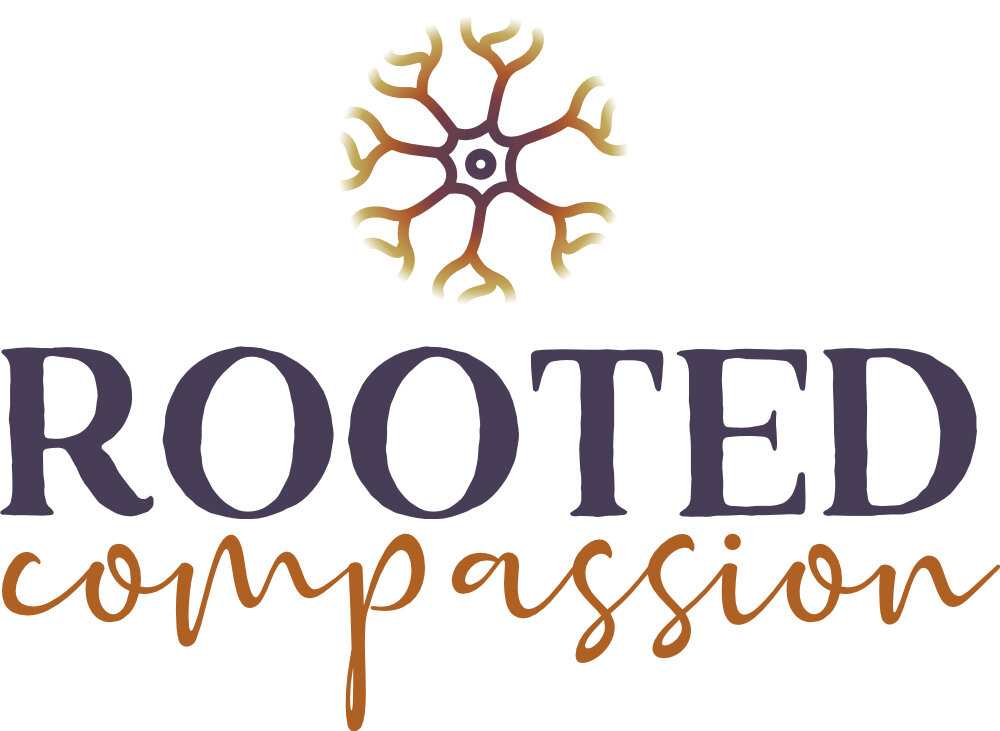The Power of the Pause: Mental Health Therapist Gives Five Benefits of Taking a Break
Pause. What action comes to mind as you read that word? Did you automatically take in a breath or let out a sigh? Did you think of tapping the screen to stop your music or a movie? Perhaps you thought of the slight break in speech for emphasis when someone is reading aloud. Any of those are accurate reflections of the word.
Pause. A temporary stopping or slowing down, in order to rest, reflect, regroup. This world has been and continues to be a “heavy” place, and just as a marathon runner must pace themselves for the longevity of finishing their race, we also need to pace ourselves to sustain our energy over the lifetime. Pausing regularly can help prevent burnout and compassion fatigue. (Note to all the fellow people-helping professionals out there – therapists, social workers, first responders, medical personnel: though you may have super-power skills in attending to the needs of others in their most tragic and painful moments, you...are...still...human. Remember, you have needs too!)
I invite you to consider the benefit of the pause in the following ways:
P – Perspective taking.
When we give ourselves a moment to pause, we can step back and allow for differing ways to view the circumstances. In Acceptance and Commitment Therapy (ACT), the premise is that human unhappiness and psychological maladjustment is rooted in inflexibility (Hayes, Luoma, Walser 2017). When we hold to rigidity in our thinking and in the narrative we hold about ourselves and others, such as “I always...” or “They never...”, we narrow the options that may actually be available to us. Instead, developing the ability to take multiple perspectives “liberates people to act on their values” (Hayes et al., 2017, p. 168).
A – Awareness of your nervous system states.
Noticing your changing autonomic nervous system states as you pause (see blog post by Amy Sullivan for further exploration) allows you the time and attention to ask yourself the question, “what do I need now?” Then, you can take the actions necessary to soothe your own system and assist you to function wisely and effectively in meeting the demands at hand. Maybe you need an extended break; maybe it would feel energizing to take a brisk walk or listen to music. You get to decide based on your awareness of your own needs.
U – Utilize your wisdom and values.
When we feel pressured or upset, we often do not make the most objective or wise decisions. When we slow down and pause, however, feeling safe and connected, we can access our wisdom that comes from a calm limbic system (feelings, creativity, memories) and the Prefrontal Cortex area of our brain to make rational and wise decisions, based on what we value. We can act in alignment with our beliefs, hopes, and dreams, while still being able to choose to interact respectfully toward those who may believe differently or hold different aspirations.
S – Select your next step.
The pause is only meant to be a temporary interlude. The pause provides space so that you can determine what you want to do next or how you want to act in the future.
“Between stimulus and response, there is a space.
In that space is our power to choose our response.
In our response lies our growth and our freedom.”
-Viktor Frankl
E – Enjoy and embrace each present moment after taking a pause.
The pause can help us focus mindfully on the here and now, taking in the good around us even in the middle of severe challenges and adversity. The pause can help us regain vitality for present living and forward momentum toward the goals we want for the future.
Pausing is so powerful and might be one of the most under-used practices in our world today. May you be encouraged to incorporate the power of the pause into your regular rhythms.
REFERENCES:
Hayes, S.C., Luoma, J.B., Walser, R.D. (2017). Learning ACT. 2nd Edition. Context Press.
Brenda Puckett, MA, LPC, is passionate about working with women and all clients as they face issues in all seasons of life. She works from a mindfulness and strengths-based approach, centered on your goals, using the latest neuroscience to incorporate the mind body connection in healing. She can provide you with tools and support as you work through common issues we all may face in life: depression, anxiety, transitions, relationship challenges, grief/loss, childhood trauma, aging gracefully, etc. We are thrilled to have Brenda as a part of our Rooted Compassion Counseling team!
The Rooted Compassion team is made up of a group of counselors who have a variety of specialties in order to best serve our clients. We recognize that every person has his/her own personal and unique life experiences and that one modality will not work for every client. Listed below is a summary of our counselors’ specialties at Rooted Compassion:
Emotional Freedom Techniques
Grief Counseling
Somatic Focused Counseling
EMDR
Cognitive Behavioral Therapy
Dialectical Behavior Therapy
Mindfulness-Based Practices
Trauma Responsive Care Techniques
Acceptance and Commitment Therapy
If you are interested in learning more about what Rooted Compassion is all about, please contact us today, look through our website, or find us on Instagram and Facebook.
Rooted Compassion Counseling is Ohio’s leading practice for trauma therapy through the lens of the nervous system. Our focus is to walk alongside clients as they heal from depression, anxiety, trauma, grief and/or loss. If you or someone you know are seeking to explore and build an inner sense of calm and safety, please contact us today. We would love to help you to find a counselor and counseling techniques that will guide you on your mental health journey to healing.



